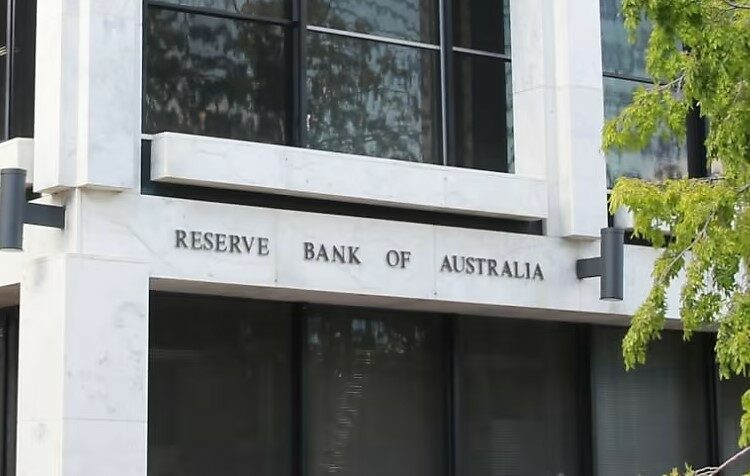A small group of borrowers could fail to meet debt payments due to low savings and high levels of debt, the RBA has flagged.
The Reserve Bank of Australia’s (RBA) latest Financial Stability Review has provided a somewhat bleak assessment of the financial system’s current condition and potential risks to financial stability.
In essence, it highlights that global financial stability “risks have increased” amid “tighter financial conditions and rising uncertainty”.
Specifically for potential and current home owners, though, the RBA warned that higher inflation and rising interest rates will make it difficult for some borrowers to meet debt payments.
“There is a small group of borrowers who could fail to meet debt payments due to low savings and high levels of debt,” the RBA explained.
“Financial stress could be more widespread if economic activity turns out to be much weaker than expected.
“Higher interest rates will increase borrowers’ debt payments.
“Despite a strong labour market, income growth has not kept up with inflation in Australia, leaving households with less capacity to service their debts.
“Many households will be able to manage this by reducing their spending and/or their rate of saving.
“However, a small share of borrowers with lower savings and high debt are vulnerable to payment difficulties.”
As a result, the RBA said housing loan arrears rates are “…likely to increase in the period ahead from currently very low levels.”
“Debt-servicing challenges will become more widespread if economic conditions, particularly the level of unemployment, turn out to be worse than expected and housing prices fall sharply,” the RBA said.
Similar to households, most businesses have benefited from the strong economic recovery and have entered the interest rate tightening cycle in a healthy financial position, it explained.
“However, some businesses have been particularly affected by sharp rises in costs, labour shortages and supply disruptions,” it added.
“This is especially evident in the construction industry, where insolvencies have risen from low levels.”
Global economic growth is expected to slow
Financial asset prices have declined sharply and volatility has increased alongside rising interest rates and downgrades to the global outlook, the RBA explained.
Global financial conditions have tightened this year as persistently high inflation has prompted central banks in advanced economies to rapidly raise interest rates, it added.
“In recent months, there have been material downgrades to the world economic outlook.”
“Financial asset prices have declined and volatility has increased. Housing price growth has slowed or reversed in many economies in response to higher interest rates.
“Severe disruptions in energy markets have led to stress in some parts of the global financial system.
“Global economic growth is expected to slow, although the risks facing different regions depend on existing vulnerabilities,” it added.
In local terms, the RBA highlighted that many households and businesses built up large saving buffers during the pandemic, which will assist them in facing the more challenging economic conditions.
“Banks remain well capitalised and loan arrears are low. However, global financial conditions could tighten further in the period ahead and test the ‘resilience’ of some households and businesses.”
High debt and low savings equal ‘not good’
In overview, the RBA assessed that some households are already feeling the strain from higher interest rates and inflation, and this is likely to continue for some time.
“A small number of borrowers have both high debt relative to their income and low saving and equity buffers; these households are particularly vulnerable to shocks,” the RBA explained.
“Most borrowers have accumulated a large amount of equity in their homes, reflecting the large run-up in housing prices over recent years and the small share of high loan-to-value lending.
“This reduces financial stability risks in instances where borrowers encounter debt-servicing difficulties.”


